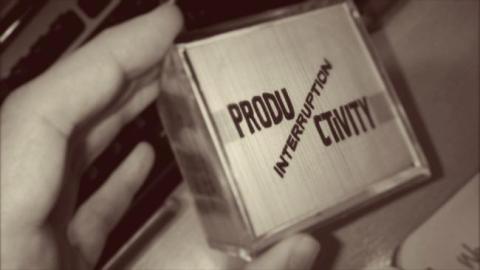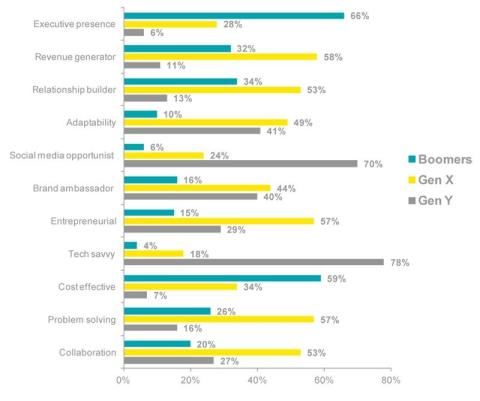Expectations are a natural part of life and are important because they provide clarity, help provide direction, and offer ways for accountability to be maintained. Despite expectations being essential, they can be complex to navigate. Below are three components that can make expectations challenging:

One of the most predictable workplace variables that successful scientists can learn to control for is an unexpected work interruption. These breaks in service can range from changes in staffing and equipment malfunctions to anticipated breaks in the work due to the economy and/or inclement weather. Naturally, during such events (predictable or not), you will experience a range of reactions including awkward excitement, anxiety, fear, panic, frustration, anger or even avoidance and denial.
I arrived at NIH in October 2015. I attended the workshop “English Communication for Visiting Scientists” (ECVS) workshop in February 2016 because, as non-native speaker, I wanted to improve my communication skills. I remember that I was afraid of asking my PI to sign the written consent I needed to register for it. I soon realized how unwarranted my fear was!

Webster’s online dictionary defines micromanaging as “manage[ment] especially with excessive control or attention on details”. But how do you really know if you are being micromanaged? Especially while in a training position, this perception can be quite subjective.

In the first part of this series, we talked about how to identify a good mentor. Now that you have done so, how do you cultivate and maintain that relationship? Identifying a mentor is not an easy task; making it work can be even more challenging. In this blog, we will give you some tips to help foster and maintain your mentoring relationships. Take ownership of your career Take charge; remember you are the one in control! Think about your career goals in the short-term and long-term.

You have probably heard the word “mentor” many times and how important a mentor can be for your career, but how can you identify suitable mentors for you? This is a question that many trainees ask themselves. Identifying a good mentor is not an easy task and it takes time and dedication.
Pondering a career in industry? Then you need to be aware that the industry job offer may contain elements not part of offers in academia, government or non-profits; industry jobs often include a profit sharing plan.
Industry profit sharing takes two basic forms; dividends, a cash payment made to employees and share-holders based upon the performance of the company, usually on an annual basis, and equity, the actual ownership of shares of the company. Equity in a company is granted by one of the following methods:
Post written by Lori M. Conlan, Director of the Postdoc Office and the Career Services Center at the OITE This week I had lunch with the first mentor I had outside of the lab environment. In 2006, I had just left my postdoc to join a non-profit in Manhattan—the New York Academy of Sciences. I knew I could do the job running a career development program for graduate students and postdocs, but I was clueless about how life worked in an office. I started on a Tuesday, and by Friday I was sent off on my first business trip to Miami.
Post written by Sharon Milgram, Director of The Office of Intramural Training & Education. Science careers, at or away from the bench, require us to be life-long learners. To be successful, we are always learning – and teaching – new skills. While many of us enjoy this, it also comes with frustrations and challenges. In considering how we learn, I was struck by the excellent and concise explanation of the stages we typically go through as we learn and develop new skills.

